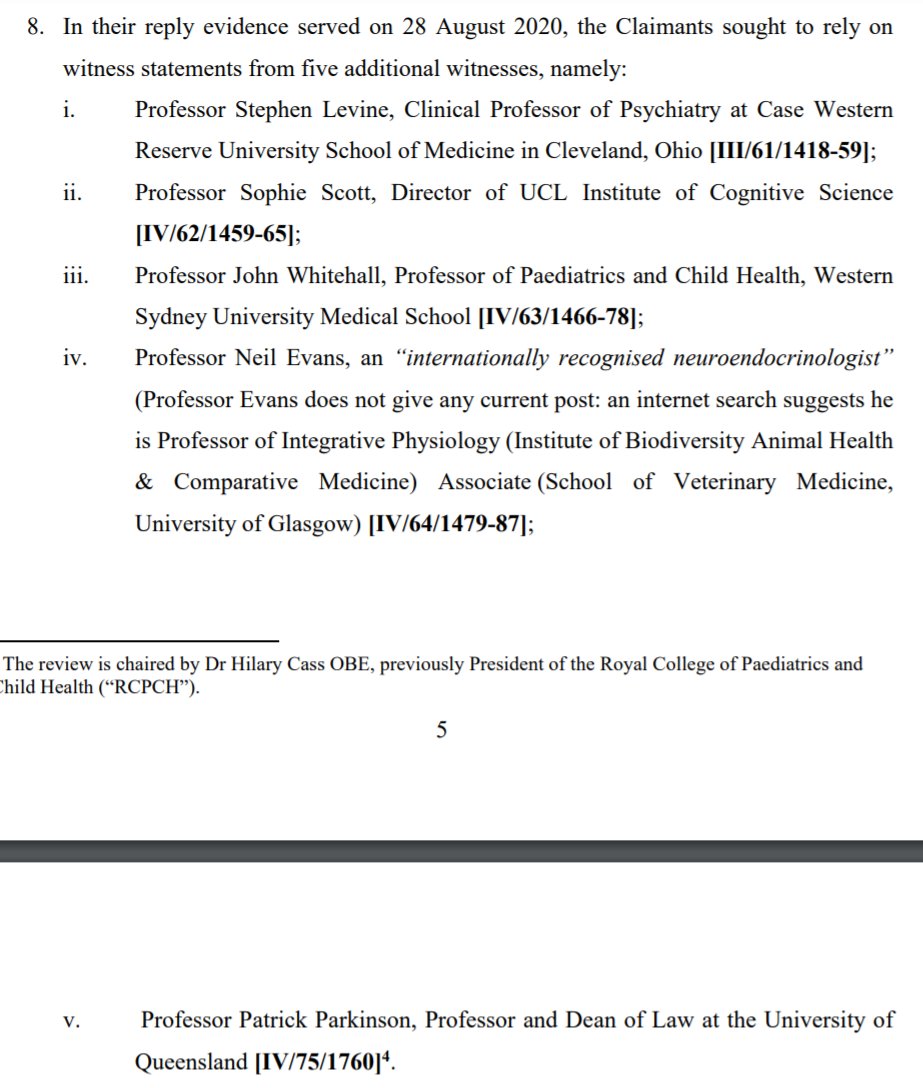
We need to talk about the 'expert' witness statement evidence led by Ms Bell in her successful case before the Tavistock. THREAD

In this thread, I noted the lawyer acting against the Tavistock, Paul Conrathe, is using very similar arguments (those under 18 cannot consent at all; or cannot lawfully consent without x conditions) as he has run/is running in a number of cases challenging abortion rights. https://t.co/gJk4c9bUED
— Jo Maugham (@JolyonMaugham) June 21, 2020
Mr Biggs was exposed for posting transphobic statements online under a fake twitter handle: @MrHenryWimbush according to this report.
https://t.co/EDPCZt6Mih
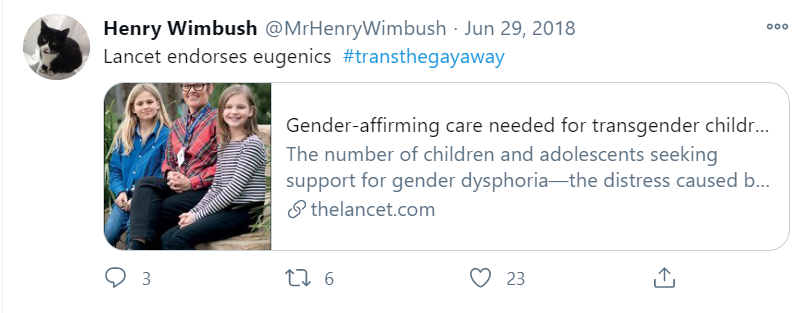
Although he was described as an “internationally recognised neuroendocrinologist” he is in fact a Professor at the Institute of Biodiversity Animal Health & Comparative Medicine: https://t.co/42WlwZ4NBe
Professor Gillberg was involved in a major scandal in Sweden involving the shredding of evidence. https://t.co/B6lpLvRSqA
Paul Hruz is linked with the religious hate group, the Alliance for Defending Freedom https://t.co/1skuO8GRiP

As the ADF puts it here: "aggressive pro-abortion and LGBT activists aren’t just targeting churches and creative professionals. They’re also targeting our children—and they’re lying about it" (https://t.co/I3lIwrXkw2).
He is a Professor of the University of Queensland. So far as I can see, his evidence should not have been before the Divisional Court at all but nevertheless it was.

He has admitted that that, in 50 years in medicine, he has never treated a child for gender-related issues and has (or had) published no papers to do with gender dysphoria or trans healthcare. https://t.co/v9PD1VGLZg
However, the Court shamefully refused to hear from any trans voices. It rejected (at least) three would be interventions.
More from Jo Maugham
And I said, when that "response" - which you can read here https://t.co/gLEJzuqoAx - was published that every single notional rebuttal by Government of a claim made by the New York Times was false, misleading or both.
And it's time for me to make good.
Here's the first "rebuttal" by Government to the New York Times' claim that: "The government handed out thousands of contracts to fight the virus, some of them in a secretive V.I.P. lane."

A number of points might be made.
(1) Government cannot say the NYT got it wrong. (2) the NAO found the VIP lane (later renamed the high-priority lane) "sat alongside" the normal lane. And I have shown elsewhere VIP contracts were handled by different teams all the way through.
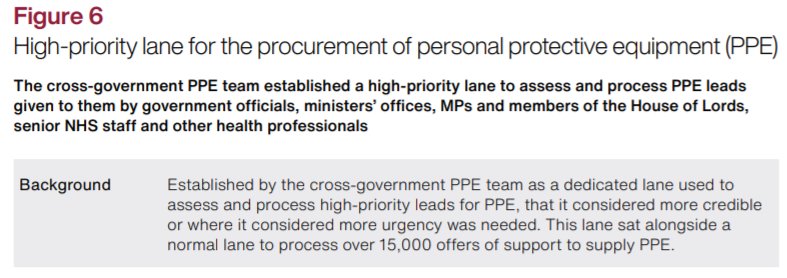
(3) Although Govt says "offers of support raised by Opposition MPs were dealt with expeditiously" the NAO report does not record any referrals made by an Opposition MP leading to a contract - and the Government response telling does not say any did.
I visited Tonga in 1981 and it was, like so many other Pacific Island nations, slowly adjusting to Westernisation. The people ate mostly fish and vegetables. /1
Now it has rates of Type 2 diabetes of up to 40%, life expectancy has fallen by 10 years and well over half the population is obese. So what happened? (stats https://t.co/1XQHdqL8o8) /2
What happened was that the US discovered that Tonga was a great dumping ground for a cheap and locally unsaleable product known as a Turkey 'tail', essentially a gland of 40-45% fat. /3
They were fatty and, because cheap, attractive to a poor population. By 2007, in another Pacific Island nation, Samoa, 20 kilos per person were being sold every year. But it banned them for public health reasons. https://t.co/2f1N8tuMp6 /4
More from Law
No matter how this trial plays out, the US will remain divided between those who choose truth, Democracy, and rule of law and the millions who reject these things.
1/
Wouldn't he just use this to repeat his Big Lie and have GOP echo him?
— Thel Marquez (@theljava) January 31, 2021
The question is how to move forward.
My mantra is that there are no magic bullets and these people will always be with us.
Except for state legislatures, they have less power now than they have for a while.
2/
The only real and lasting solutions are political ones. Get Democrats into local offices. Get people who want democracy to survive to the polls at every election, at every level.
It’s a constant battle.
3/
Maybe I should tell you all about Thurgood Marshall’s life to illustrate how hard the task is and how there will be backlash after each step of progress.
4/
Precisely. That's why Thurgood Marshall's life came to mind.
We are still riding the backlash that started after the Supreme Court decision in Brown v. Board of Education.
That's why I keep saying there are no easy
Yep. My relatives continue to support Trump and make false equivalencies as justification. I\u2019ve found it impossible to present factual information that changes minds. Trump\u2019s emotional appeal registers with them: that things were better before civil rights advances.
— Martha Brockenbrough INTO THE BLOODRED WOODS (@mbrockenbrough) January 31, 2021
Honest Q: Some people argue in good faith that an impeachment trial after POTUS leaves office is unconstitutional. I think they\u2019re wrong. But let\u2019s say they\u2019re right, yet senate does it anyway. Does anyone seriously think SCOTUS reverses verdict (or even can)?
— Jonah Goldberg (@JonahDispatch) January 17, 2021
Suppose Senate convicts and disqualifies Trump from ever holding federal office. Trump files paperwork to run anyway, but state officials deny his application, citing his Senate impeachment judgment. Trump sues, arguing that the judgment is void.
Normally a legal dispute about a prospective candidates eligibility to run would certainly present a justiciable case or controversy. But are courts bound to accept the Senate impeachment judgment as valid? Maybe not. Here’s why:
According to Article I, “The Senate shall have the sole Power to try all Impeachments.” This is a small amount of judicial power vested in Congress. When trying impeachments, the Senate sits as a court.
The Senate’s judicial power includes the power to decide relevant legal questions that arise, such as what procedures are sufficient to constitute a “trial” w/in the Constitution’s meaning. Such legal determinations are conclusive, as SCOTUS held in Nixon v. United States (1993).
Our Social Media Discussions are Back!
— Kenna Partners (@Kenna_Partners) January 13, 2021
Today our topic is: Digital Identity and the Law
Join the Conversation on Twitter by 5PM! pic.twitter.com/TbbqMMQbLc
Good evening everyone! Welcome to the Year 2021 and the first KP Social Media Discussion of the year. Today we are gonna discuss the concept of digital identity and the legal issues it raises.
It is not news that the fourth industrial revolution has led to many novel innovations on how everyone lives their lives.
Most operations in life can now be done digitally since the rise of the digital age and social networking, and since the Corona Virus mandated lockdowns most social interactions from work to school to parties, weddings and funerals are done digitally.
In Nigeria, there is a ramped up pressure to create a digital profile for every Nigerian through the National Identity Card Scheme which is now operated by the Federal Ministry of Communications and Digital Economy.
You May Also Like
make products.
"If only someone would tell me how I can get a startup to notice me."
Make Products.
"I guess it's impossible and I'll never break into the industry."
MAKE PRODUCTS.
Courtesy of @edbrisson's wonderful thread on breaking into comics – https://t.co/TgNblNSCBj – here is why the same applies to Product Management, too.
"I really want to break into comics"
— Ed Brisson (@edbrisson) December 4, 2018
make comics.
"If only someone would tell me how I can get an editor to notice me."
Make Comics.
"I guess it's impossible and I'll never break into the industry."
MAKE COMICS.
There is no better way of learning the craft of product, or proving your potential to employers, than just doing it.
You do not need anybody's permission. We don't have diplomas, nor doctorates. We can barely agree on a single standard of what a Product Manager is supposed to do.
But – there is at least one blindingly obvious industry consensus – a Product Manager makes Products.
And they don't need to be kept at the exact right temperature, given endless resource, or carefully protected in order to do this.
They find their own way.



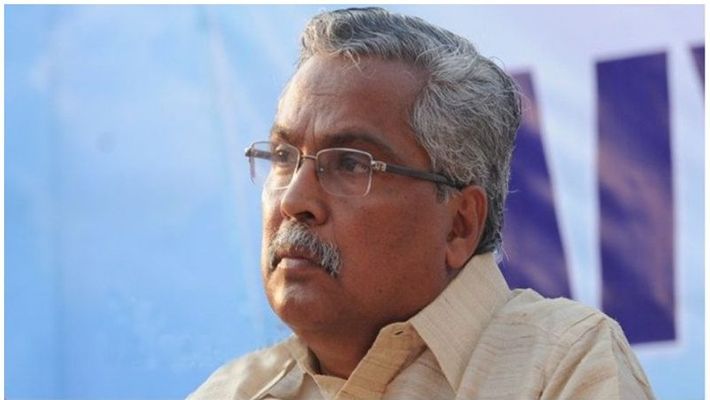

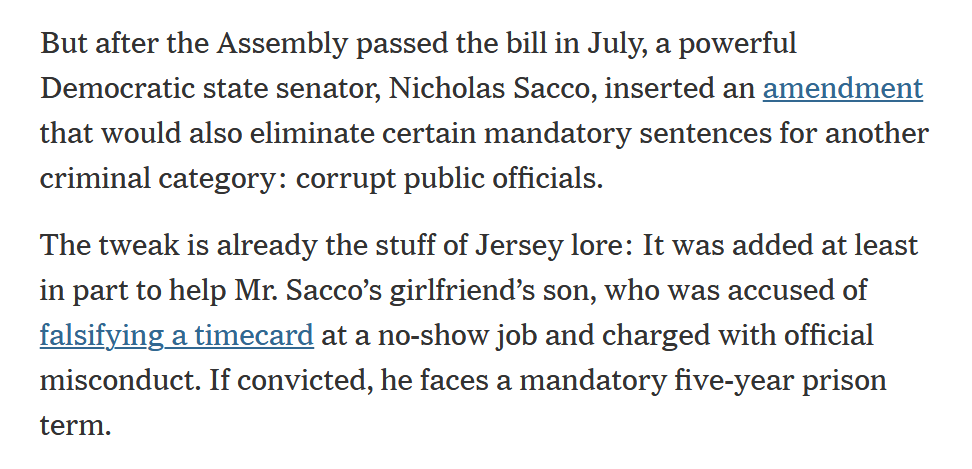




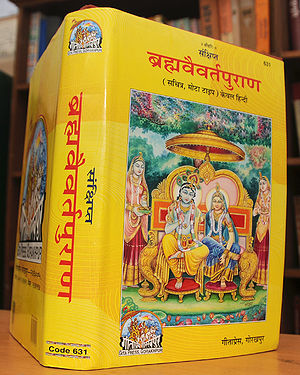

![Peter McCormack [Jan/3\u279e\u20bf \U0001f511\u220e]](https://pbs.twimg.com/profile_images/1524287442307723265/_59ITDbJ_normal.jpg)







